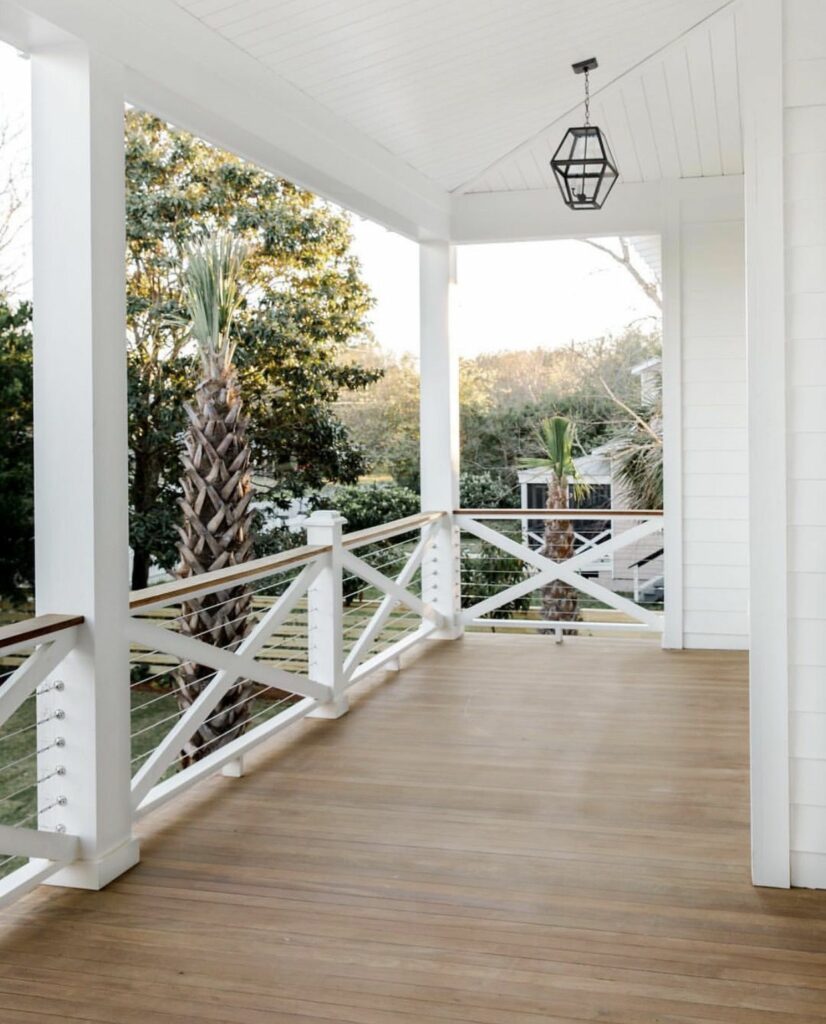New California Inspection Requirement for Exterior Elevated Elements (Balconies, Decks and Stairs)
Dear San Francisco Landlords,
In the ever-evolving landscape of property management, staying informed about legislative changes is crucial for maintaining compliance and ensuring the safety and well-being of your tenants. One such significant piece of legislation is California’s Senate Bill 721 (SB-721), which has important implications for property owners, particularly concerning the maintenance and inspection of certain safety features in residential buildings.
What is SB-721?
SB-721 is a California law that was enacted to enhance safety measures in residential buildings, particularly focusing on exterior elevated elements such as balconies, decks, and stairs. The law requires California property owners of buildings with three or more multi-family units to conduct regular inspections (every six years) and maintenance of these structures to prevent accidents and ensure they are safe for occupants.
Key Provisions of SB-721
- Inspection Requirements:
- Property owners must have an inspection conducted by a licensed professional every six years. This inspection focuses on exterior elevated elements such as balconies, decks, stairways, and walkways that are more than six feet above the ground built on wood or wood-based frames.
- The inspection aims to identify any deterioration, structural issues, or safety hazards that could pose risks to tenants.
- Maintenance and Repairs:
- Following the inspection, property owners are required to address any identified issues or deficiencies promptly. This may involve repairs, reinforcement, or even replacement of the affected structures to ensure they meet safety standards.
- Documentation:
- Landlords must maintain detailed records of the inspections and any subsequent repairs or maintenance work performed. These records should be readily accessible and may be requested during periodic inspections or audits by local authorities. You do not need to file an affidavit with the state as you need to file the 604 affidavits with San Francisco Department of Building Inspection.
- Compliance Deadlines:
- The initial deadline for compliance with SB-721 is set for January 1, 2025. If your property was subject to this deadline and you haven’t yet completed the necessary inspections, it’s crucial to address this as soon as possible.
Why is SB-721 Important?
SB-721 was enacted in response to tragic incidents involving balcony collapses and similar accidents that highlighted the need for more stringent safety measures. By enforcing regular inspections and maintenance, the law aims to prevent such accidents and protect tenants from potential hazards. For landlords, adhering to SB-721 not only ensures the safety of your tenants but also helps in avoiding legal liabilities and potential lawsuits resulting from safety breaches.
SB-721 vs. San Francisco 604 Affidavit: Key Differences
While SB-721 focuses on state-wide safety regulations for exterior elevated elements, San Francisco also has its own set of requirements known as the San Francisco 604 affidavit. That inspection is required every five years. Even though there is overlap in the inspections, you are required to have both inspections.
By understanding and adhering to both SB-721 and the San Francisco 604 affidavit requirements, you are taking critical steps to ensure the safety and compliance of your rental properties. If you have any questions or need further assistance, feel free to reach out to local regulatory agencies or seek advice from a property management professional. Please note that condominium communities are exempt from SB-721 inspections but require SB-326 inspections and 604 inspections.
Thank you for your attention to these important matters. Together, we can ensure that San Francisco remains a safe and welcoming place to live for everyone.
Sincerely,
Natalie Drees
President
Lingsch Realty

